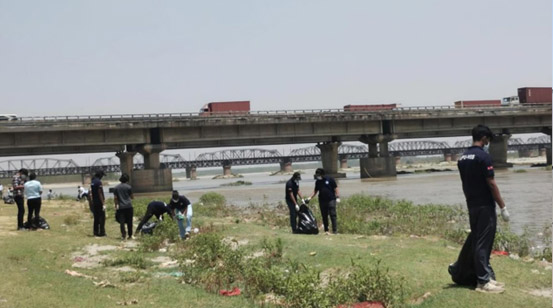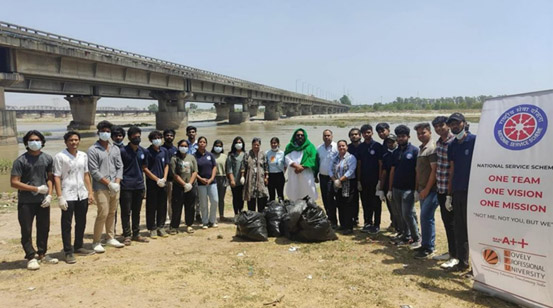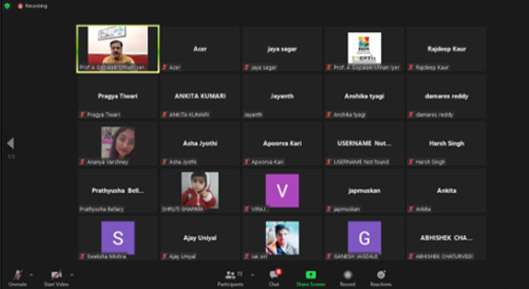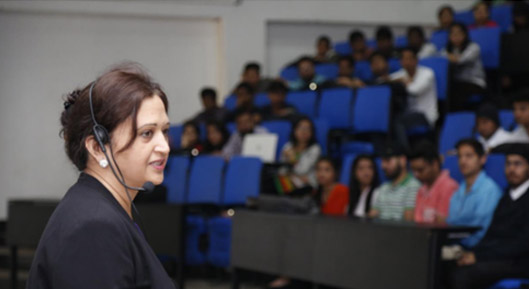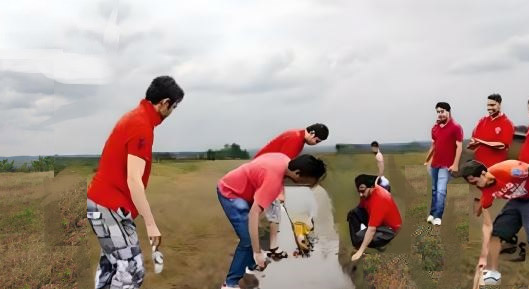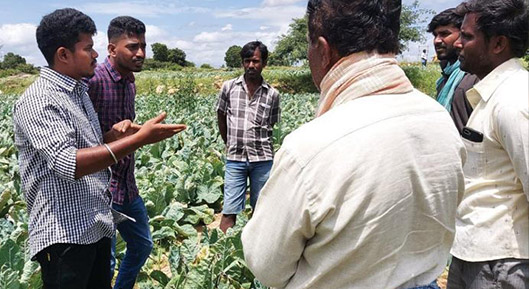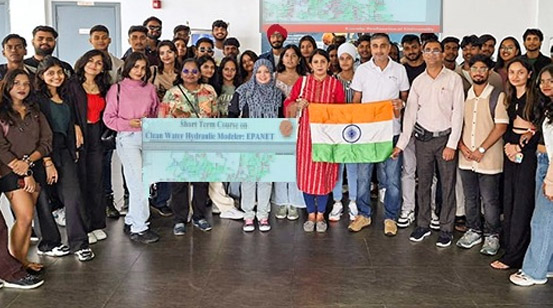
Building Expertise in Water Management
LPU is strongly committed to advancing social impact in line with the Sustainable Development Goals (SDGs), particularly SDG 6, which focuses on ensuring sustainable water and sanitation for all. As part of its outreach activities, the university's teaching group of experts delivers Short Term Course to registered participants from external organizations about "Enhancing Skills in Water Demand and Supply Management". This outreach activity enhance skills in creating water networks, using simulations to visualize water demand and supply, evaluating qualitative and quantitative uncertainties, understanding spatial and attribute data limitations, and analyzing water supply sustainability from a network operation perspective.
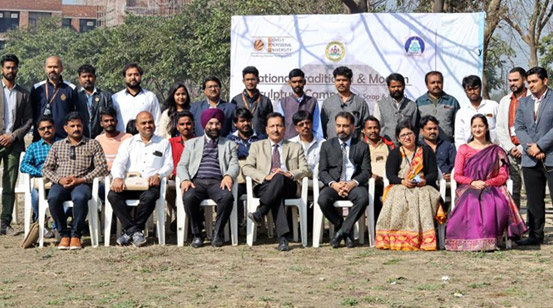
Event on Mastering workshop on Water Management Techniques
As part of an open and collaborative campus outreach initiative, LPU hosted the "Water Utility Management Workshop" through HRDC, engaging external participants in advanced training. This hands-on workshop included practical exercises in water supply networks and hydraulics, data integration, and output analysis. Participants also learned to import GIS maps into EPANET for network design and develop both demand-driven and pressure-driven models. The training further introduced Qatium, an advanced water management platform, empowering attendees with cutting-edge tools for effective water utility management.
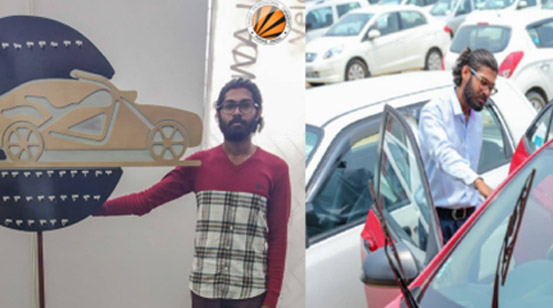
Event on Promoting Waterless Innovation
LPU students took to the streets to showcase the "Go Clean & Safe" initiative, highlighting their innovative water-less car wash concept. This outreach effort aimed to raise public awareness about water conservation, emphasizing the importance of sustainable practices in everyday life. By engaging the community in discussions and demonstrations, the students effectively communicated the significance of reducing water usage and adopting eco-friendly alternatives. Their commitment to environmental stewardship aligns with Sustainable Development Goal 6, promoting clean water and sanitation while inspiring others to join in the conservation movement.
Event on Sutlej River Revitalization
Students from Lovely Professional University spearheaded a clean-up initiative along the Sutlej River, one of Punjab's prominent rivers. This outreach activity involved collaborative efforts with the National Cadet Corps (NCC) to collect waste from the riverbed, showcasing their commitment to environmental stewardship. By actively participating in this "Clean Drive," the students not only contributed to revitalizing the river's ecosystem but also raised awareness about the importance of preserving natural water resources. This initiative aligns with Sustainable Development Goal 6, underscoring the university's dedication to ensuring clean water and sanitation for all.
Event on Water-Cleaning Net Project
LPU is deeply committed to making a positive social impact in accordance with the United Nations Sustainable Development Goals (SDGs), with a special focus on SDG 6, which revolves around ensuring sustainable water and sanitation for all. In alignment with this mission, a group of dedicated team of experts and students from School of Bio engineering & Bio sciences has implemented a project involving the installation of water-cleaning net, beneath the root zones of local water body “creek”. This innovative approach has resulted in a remarkable 90% collection of waste from water flowing in creek.

Event on Water Cleaning Projects through (GIS), Collaborates with Industry and Governments
Apart from various initiatives in-campus, LPU is focused towards water cleaning projects in collaboration with the industry & governments for the betterment of our nation which is assessment of flouride contamination in ground water in Punjab using Geographic information system (GIS) and machine learning technique. Lpu research team working on the project and supervised a project to convert waste water into usable water so it can be used to reuse in alternative places because LPU believes that water is essential in our day-to-day life for drinking, cooking, washing, sanitation, agricultural and our team also aware that the provision of safe and proper supply of drinking water for rural and urban people is the major unfinished task and in order to supply water, it must be pure and in sufficient quantity.
Event on Water Conservation and Environmental Awareness
Lovely Professional University took initiative to organize an event locally at near by school. The event commenced with an interactive session where university students engaged with the school children’s. They emphasized the importance of water conservation and environmental awareness. Gardening tips was given by the university students to the school children’s, explaining the benefits of native plants and how they require less water compared to exotic species. The event encouraged children to adopt and care for plants as pets in their homes, with a focus on native and drought-resistant plants that can save precious water resources.
Event on Industrial water pollution prevention
Industrial water pollution prevention event was engaged by collaborating with industrial estate industry committee outside the university, where students and environmental science experts engaged with various industry owners in an industrial estate. The primary objective was to educate industrial stakeholders about the adverse effects of their activities, such as discharging oil, hazardous substances, and other pollutants into water bodies. The event aimed to raise awareness about the detrimental impact of industrial pollution on water quality, public health, and the environment, while also providing technical guidance on pollution prevention. They emphasized how pollutants disrupt the natural purification process carried out by microbes and damage water reservoirs. This discussion impact well through presentations and case studies, attendees were shown real-world examples of the consequences of industrial pollution, including the spread of diseases and ecological damage. Few technical tips given by the team from Lovely Professional University to industry owners with practical and technical points on how to prevent water pollution. This included recommendations for proper waste disposal, wastewater treatment, and the use of pollution control technologies as per the regulatory compliance. Industry owners gives commitment to action and implement pollution control technologies.



